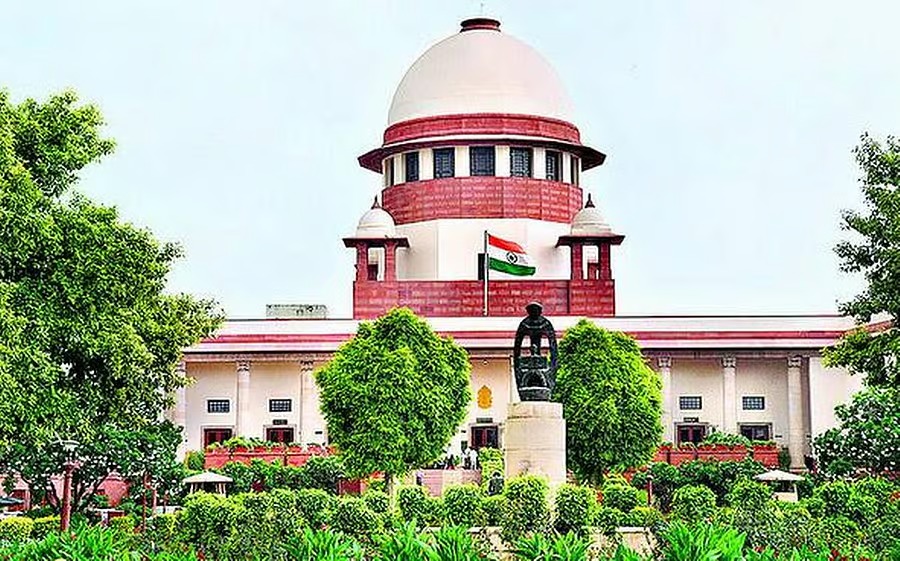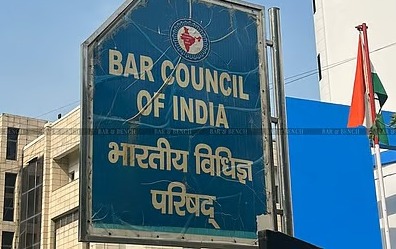SUHAS CHANDRA SEN, J. :
The Tribunal has referred to this Court the following question under s. 256(1) of the IT Act, 1961.
"Whether, on the facts and in the circumstances of the case and on a correct interpretation of the IT Rules, the Tribunal was justified in law in holding that neither cl. (x) of s. 24(1) nor r. 4 of the IT Rules contains any prohibition of deduction of more than one years rent and in that view the assessee was entitled to deduction of Rs. 39,625 out of total irrecoverable arrear rent of Rs. 57,750 in computing the house property income of the assessee ?"
2. The assessment year involved is 1974-75 for which the relevant year ended on 31st March, 1974, it has been argued on behalf of the Revenue that the Appellate Tribunal went wrong in holding that the ITO and the AAC were not justified in limiting the year to one years arrear rent. In the instant case, income from house property after deduction of arrear rent irrecoverable was computed at more than Rs. 1 lakh. The Tribunal was of the view that under s. 24(1)(x) of the Act, the assessee is entitled to deduction of the entire amount of irrecoverable rent subject to the rules. It was further held by the Tribunal that neither cl. (x) of s. 24(1) nor r. 4 contain any prohibition on deduction for more than one years rent. This finding of the Tribunal has been assailed.
3. There is nothing in the Act or in the Rules to justify the contentions of the Revenue that only one years arrear rent can be deducted. Reliance was placed in this connection on behalf of the Revenue in the case of
4. In that view of the matter, the question referred to this Court in this reference answered in the affirmative and in favour of the assessee.
5. The paper book in the instant case has been very badly printed. The Revenue must pay cost of this reference assessed at 60 Gms to the assessee.
6. It has been stated that the respondent Dr. N. Brahmachari has died. Let Purnima Devi, widow and daughter Kawna Chatterjee be recorded as respondents in the place and stead of the deceased respondent.
BHAGBATI PRASAD BANERJEE, J. :
I agree.

